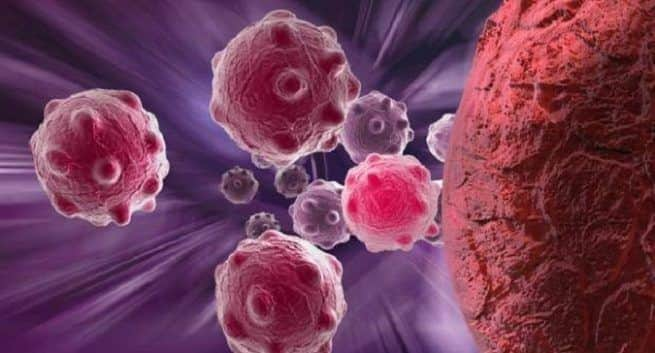
Cancer - it may be a heriditary condition | TheHealthSite.com
World Cancer Day is approaching on February 4. In light of this, let us look at how cancer may be hereditary and what you can do to ascertain your risk.
by Jahnavi SarmaWorld Cancer Day is on February 4. According to the World Health Organisation, ‘this is the uncontrolled growth and spread of cells. It can affect almost any part of the body. The growths often invade surrounding tissue and can metastasize to distant sites. Many cancers can be prevented by avoiding exposure to common risk factors, such as tobacco smoke. In addition, a significant proportion of this disease can be cured, by surgery, radiotherapy or chemotherapy, especially if they are detected early’.
Related Stories
- World Cancer Day on February 4: Know how to bring down your risk
- Junk DNA' affects risk of inherited cancer: Study
- Obesity before 50 linked to higher risk of pancreatic cancer mortality: Study
Some cancers are genetic. This means that inherited genes can increase your risk of certain types of this disease. But this is not very common and only about 15 per cent of total cases fall in this category. Breast, ovarian, colorectal and prostate cancers may fall in this category. If you have a close family member who has had any of these diseases, then you may be at risk.
What research says
A study at Washington University School of Medicine in St. Louis have shed light on hereditary elements across 12 cancer types. According to the researchers, ovarian and breast cancers have a significant inherited component, and others, such as acute myeloid leukemia and lung cancer, have a much smaller inherited genetic contribution. They are hopeful that this information will lead to improvement in the accuracy of existing genetic tests for risk and eventually expanding the available tests to include a wider variety of tumors. The journal Nature Communications published this study.
Relationship between genes and cancer
This disease occurs due to gene mutations. These changes may happen due to ageing or it may be acquired from environmental pollutants and external risks. But sometimes, this disease occurs due to hereditary mutation. It is inherited and the mutated cells are present in nearly every cell of the body. These are passed down from parents to children. But everybody who has these hereditary mutations may not get cancer. It is just that their risk of developing the disease is higher than average.
What you can do to ascertain your risk
If you have a family member who was diagnosed with this disease at a young age, you may be at risk. There are genetic testing available now for some hereditary cancers like breast and prostate cancer. Get an appointment with a specialist and get yourself tested. He will do your cancer risk assessment and also offer genetic counseling and testing. A simple blood test is enough to estimate your cancer risk.